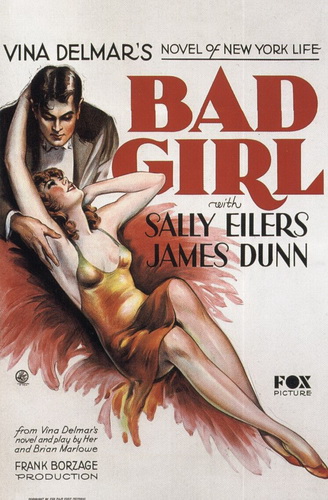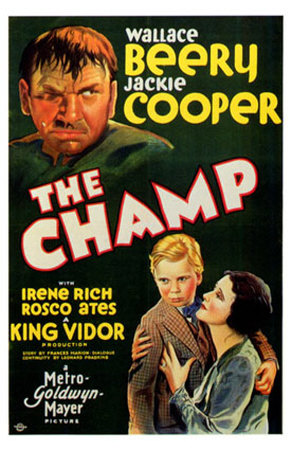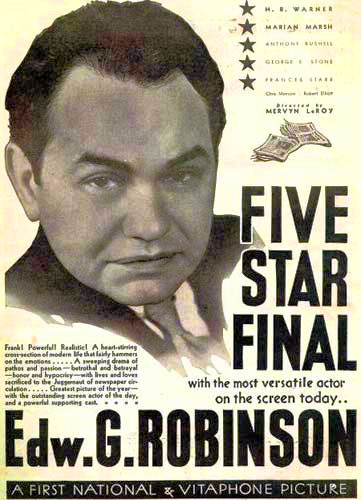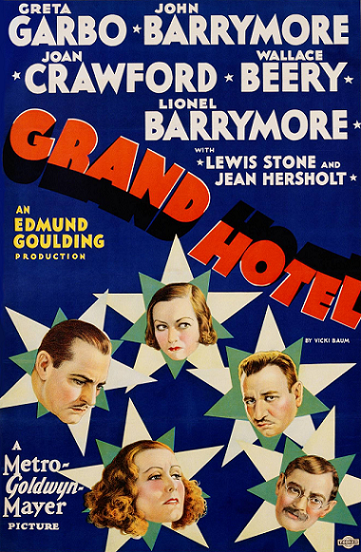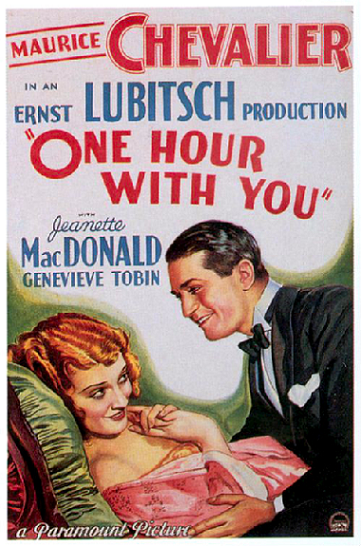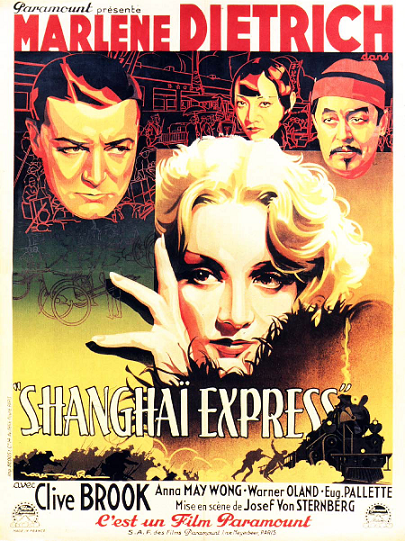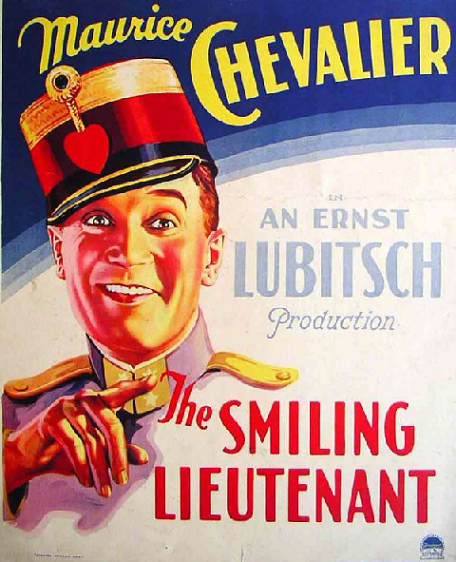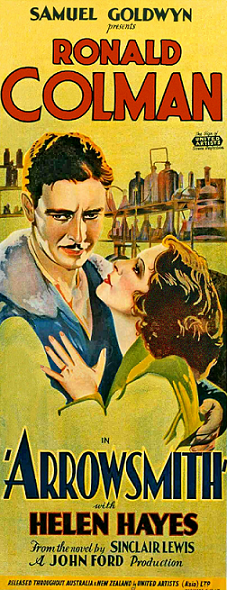
Starring: Ronald Colman, Helen Hayes, Richard Bennett, Steven Tyler
Director: John Ford
Summary: A crusading doctor fights his way through tragedy to find his true calling
Other nominations: Adapted Screenplay, Art Direction, Cinematography
Positives
-This film is beautifully shot and lit, and the whole production from the set design to the sound does have a lot of polish on it. Clearly superior to most films of its time in that department
-Has a positive, non-demeaning portrayal of an African-American character, as well as a not that offensive view of the people of the (then) West Indies. This was a very positive step for the time.
Negatives
-Probably the dullest and slowest movie I’ve watched so far. The story is pretty much one tragedy after another for the main character with him doing boring things in between. The acting isn’t bad (Hayes probably doing the best), but the characters themselves are cold, distant and not all that interesting (although in the case of Arrowsmith himself, that’s somewhat the point).
Overall
I have less to say about Arrowsmith than probably any of the previous movies, because there’s not much else for me to mention. There’s nothing truly awful about it (unlike Skippy and Trader Horn), but it’s boring and I constantly was looking at how much time was left; so was John Ford, who according to Helen Hayes was discarding whole scenes from the script without notice so he could finish as quickly as possible. This was because the studio told him he couldn’t drink during the shoot or he’d be fired. In inauspicious start for Ford, who would go on to direct 8 more films that were nominated for Best Picture. Avoid.
Rating: D

